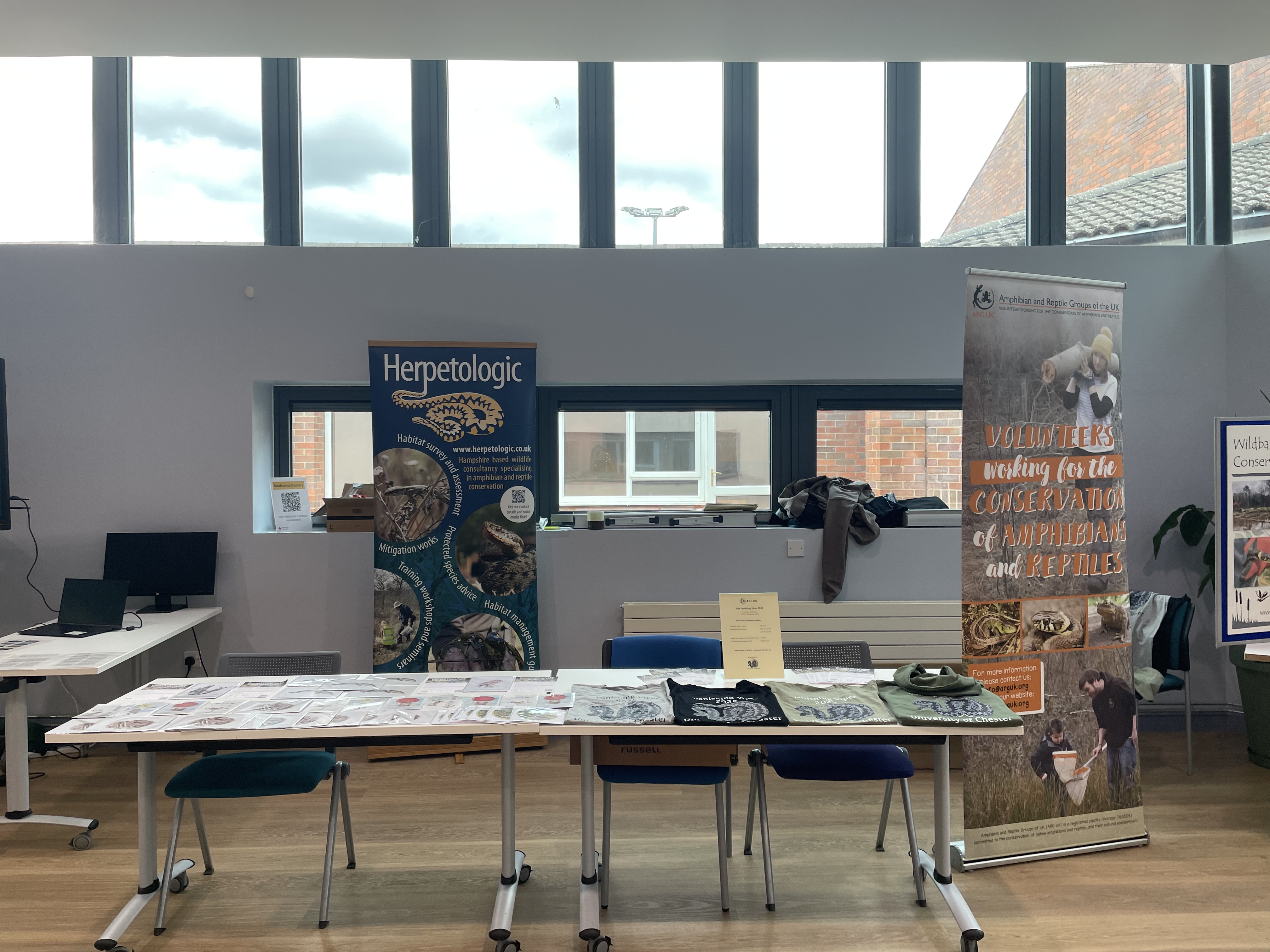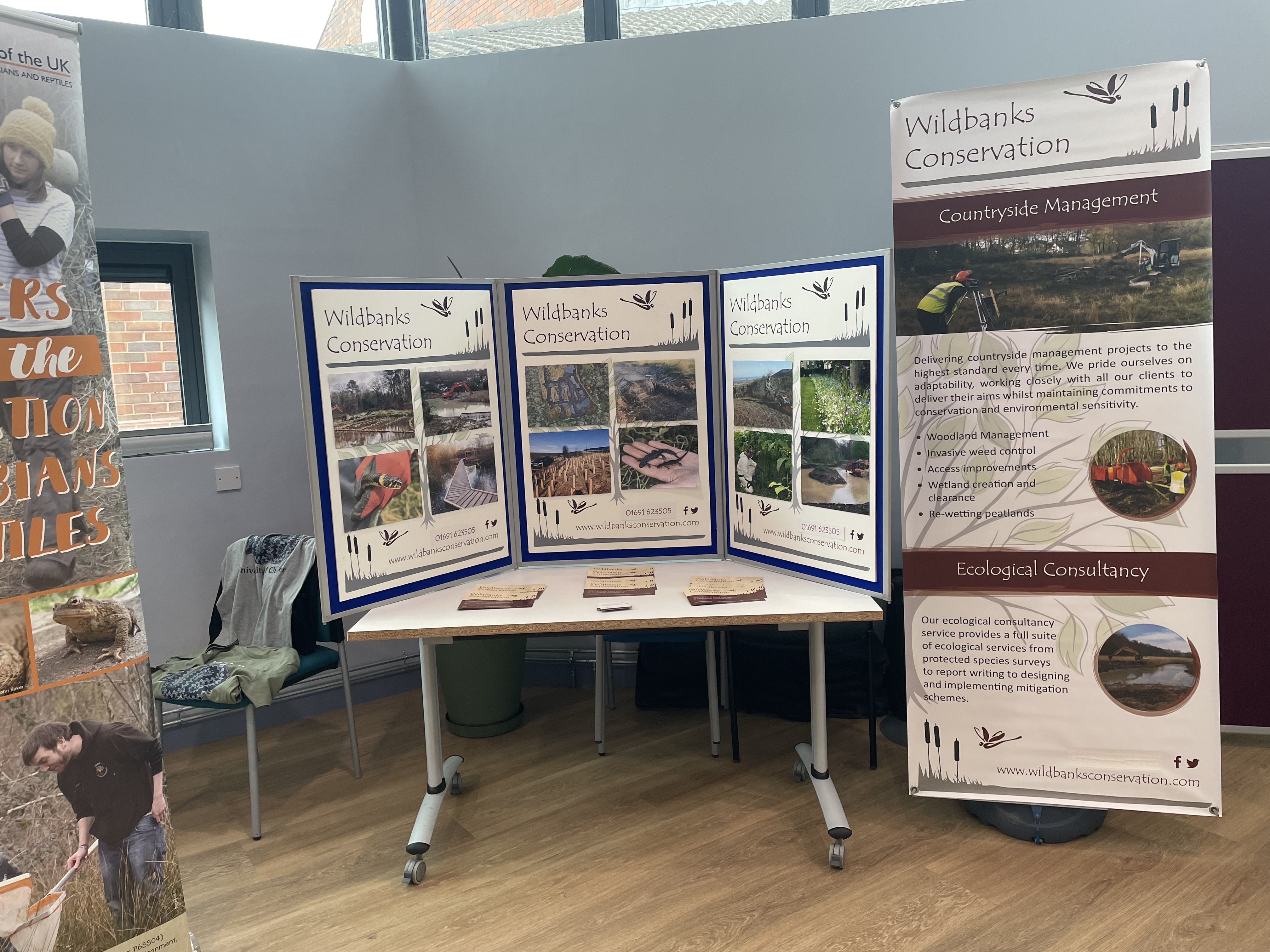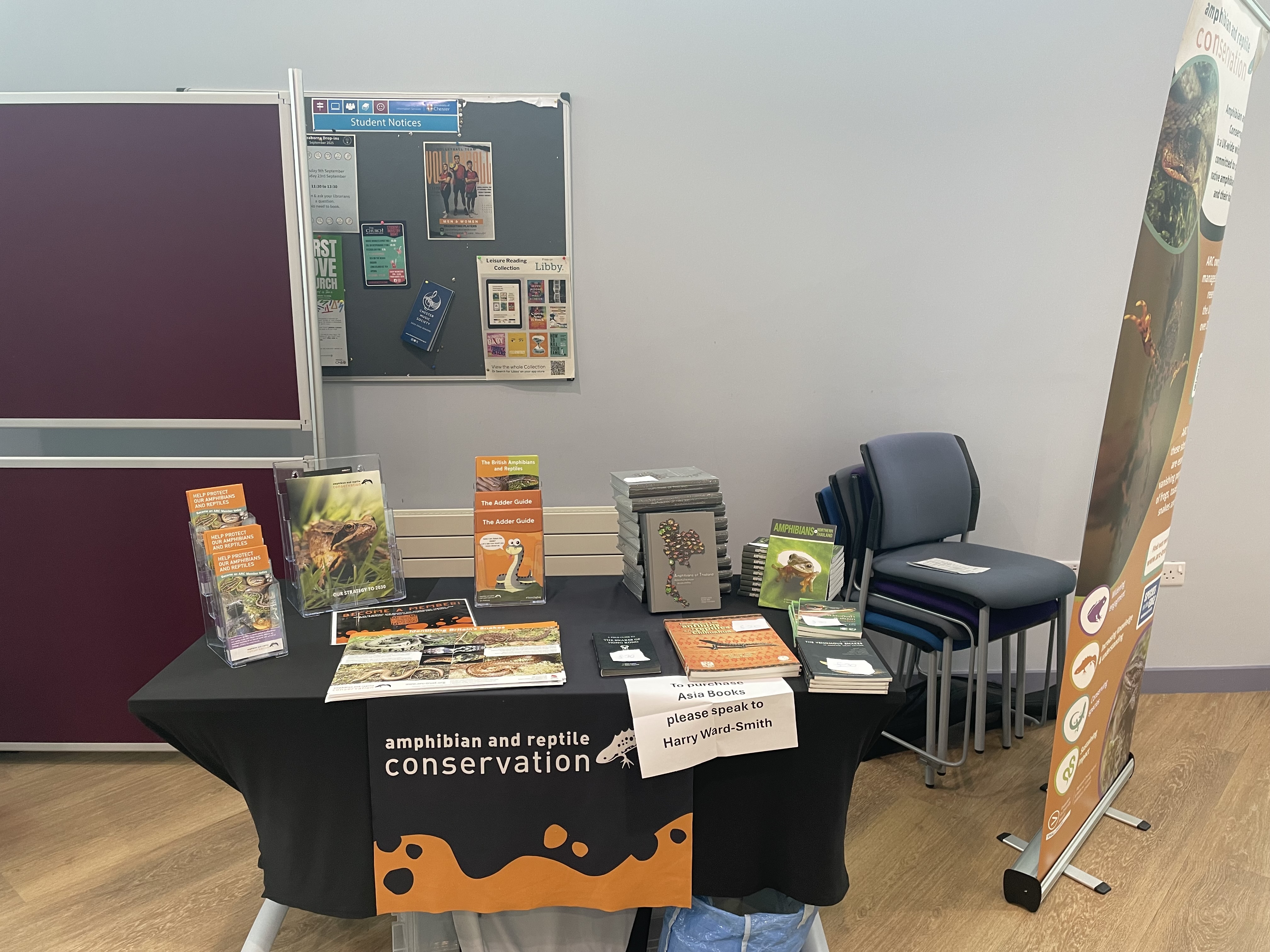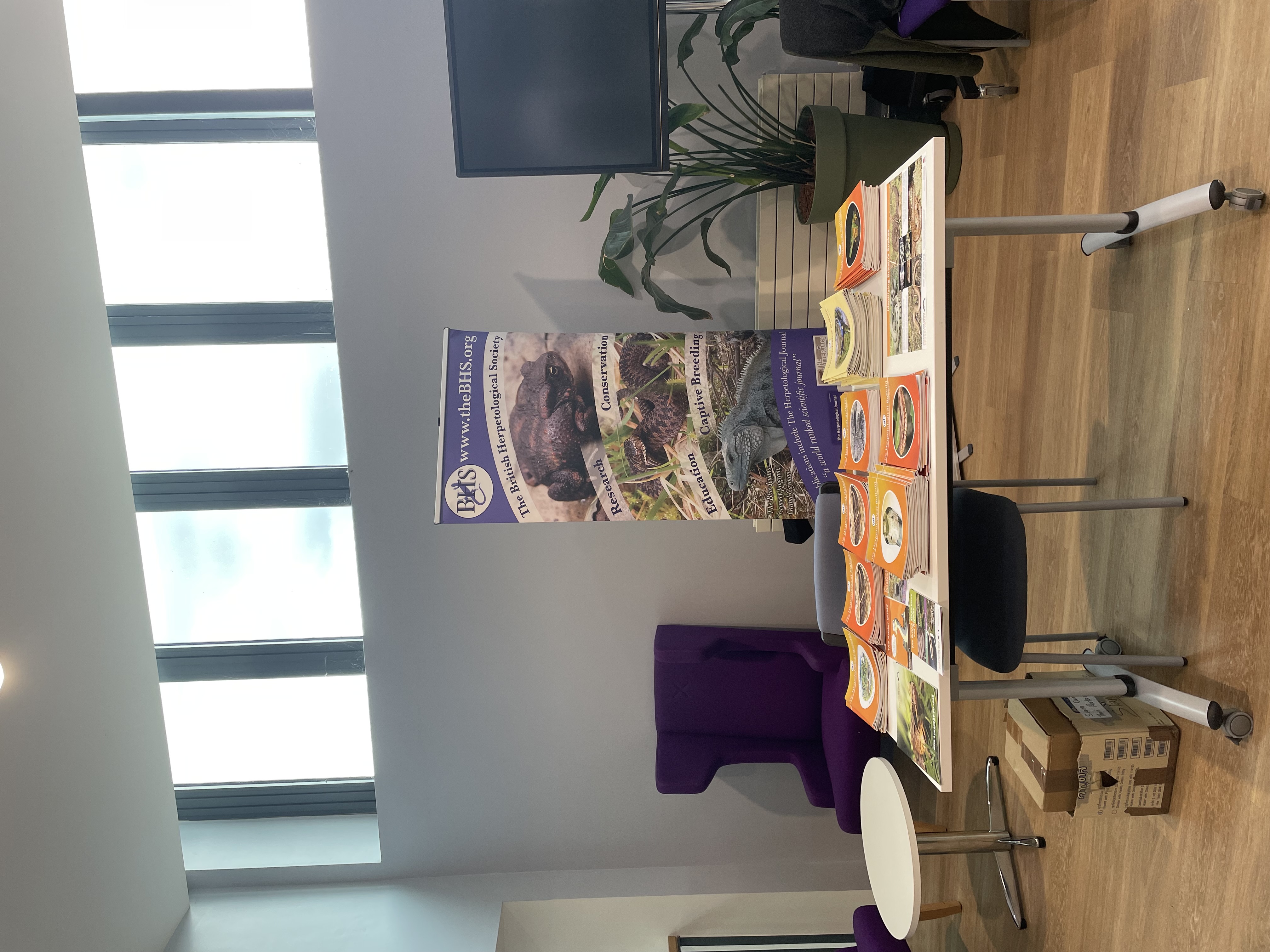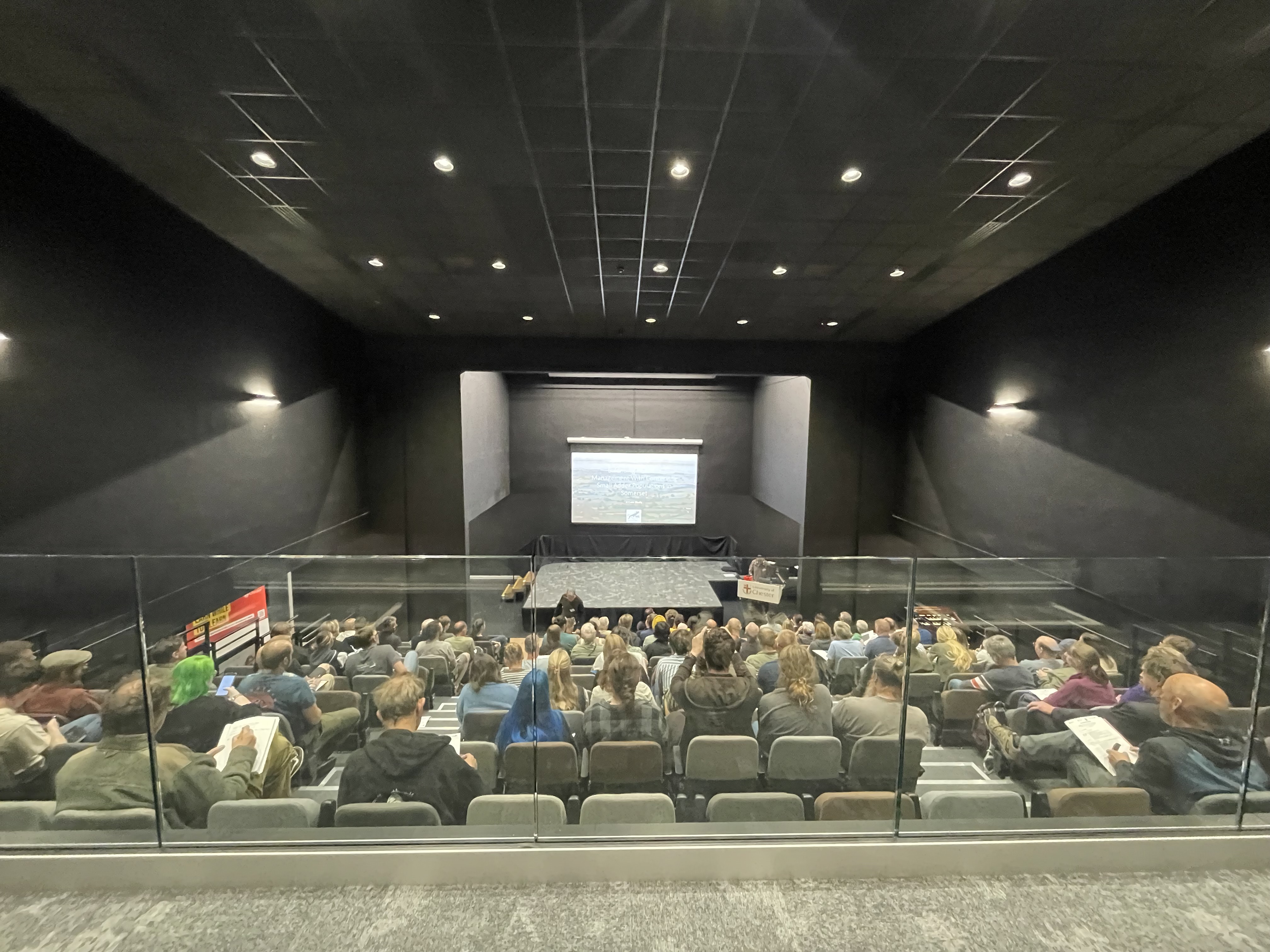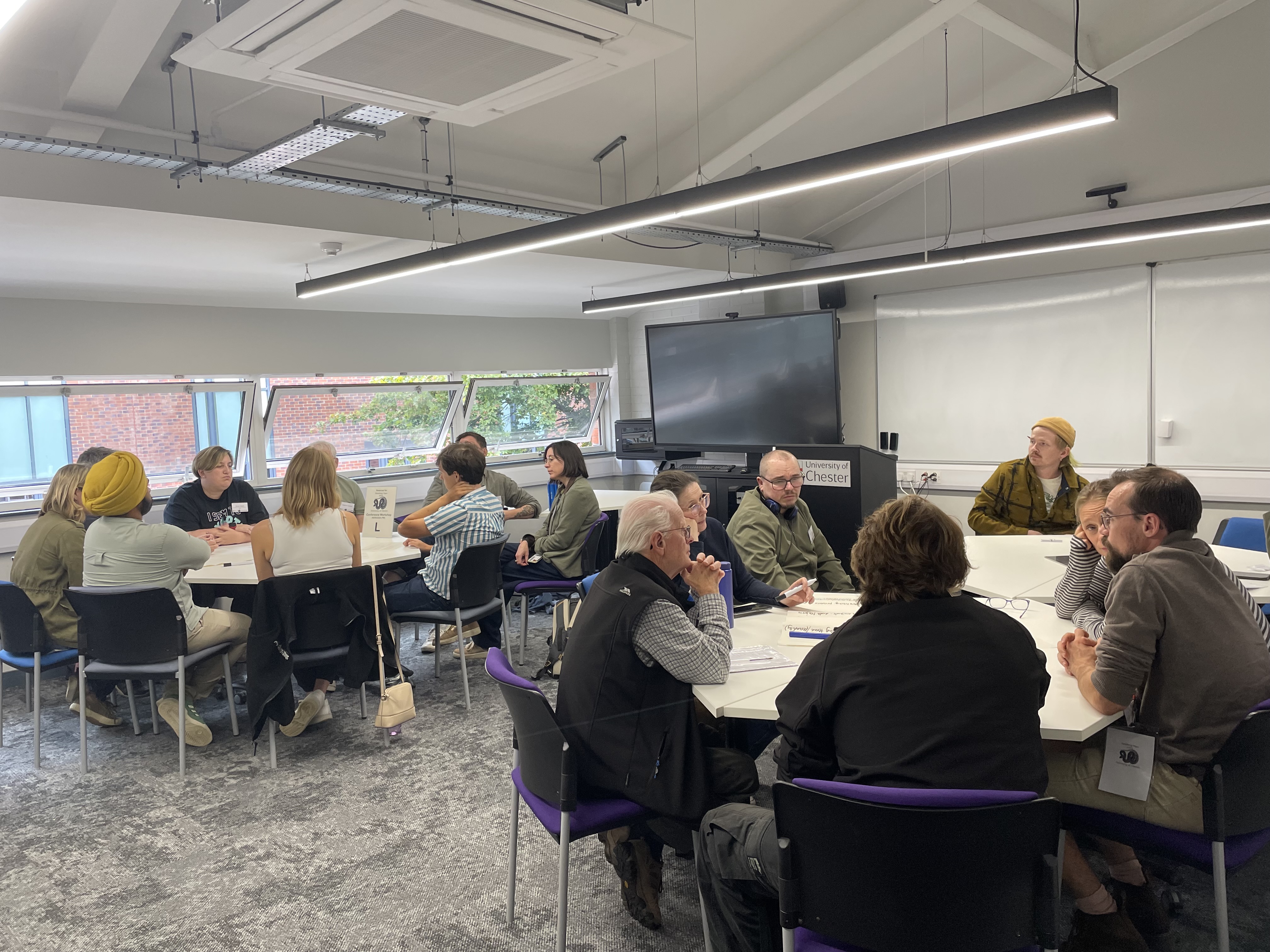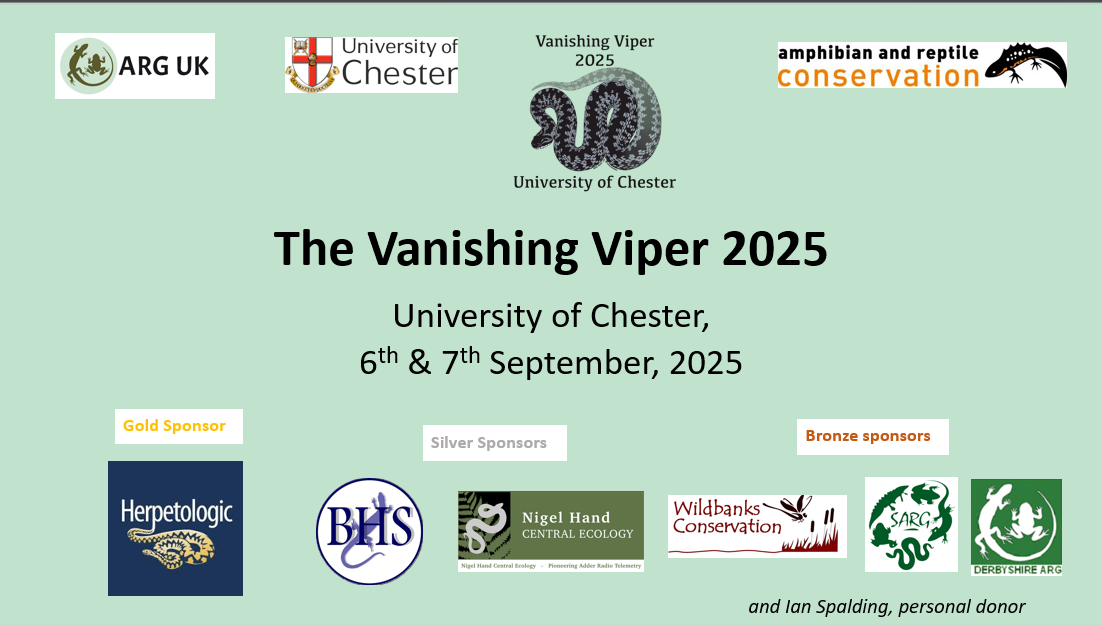Over the weekend, 6 & 7th of September 2025, I attended the Vanishing Viper Conference at the University of Chester. This event was organised by the Amphibian and Reptile Groups UK (ARGUK) in partnership with the School of Natural Sciences at the University of Chester and Amphibian and Reptile Conservation; generously sponsored by: Herpetologic Ltd, the British Herpetological Society (BHS), Central Ecology, Wildbanks Conservation, Surrey (SARG) and Derbyshire Amphibian and Reptile Groups (DARG).
The conference brought together a range of practitioners, land managers and researchers, including: wildlife conservation groups and NGOs, private land managers, statutory bodies, local authority land managers and planners, consultant ecologists, academic researchers from a number of universities, students, and dedicated volunteers from across the United Kingdom and mainland Europe. The focus of the discussions was on developing effective conservation strategies for our native adder (Vipera berus).
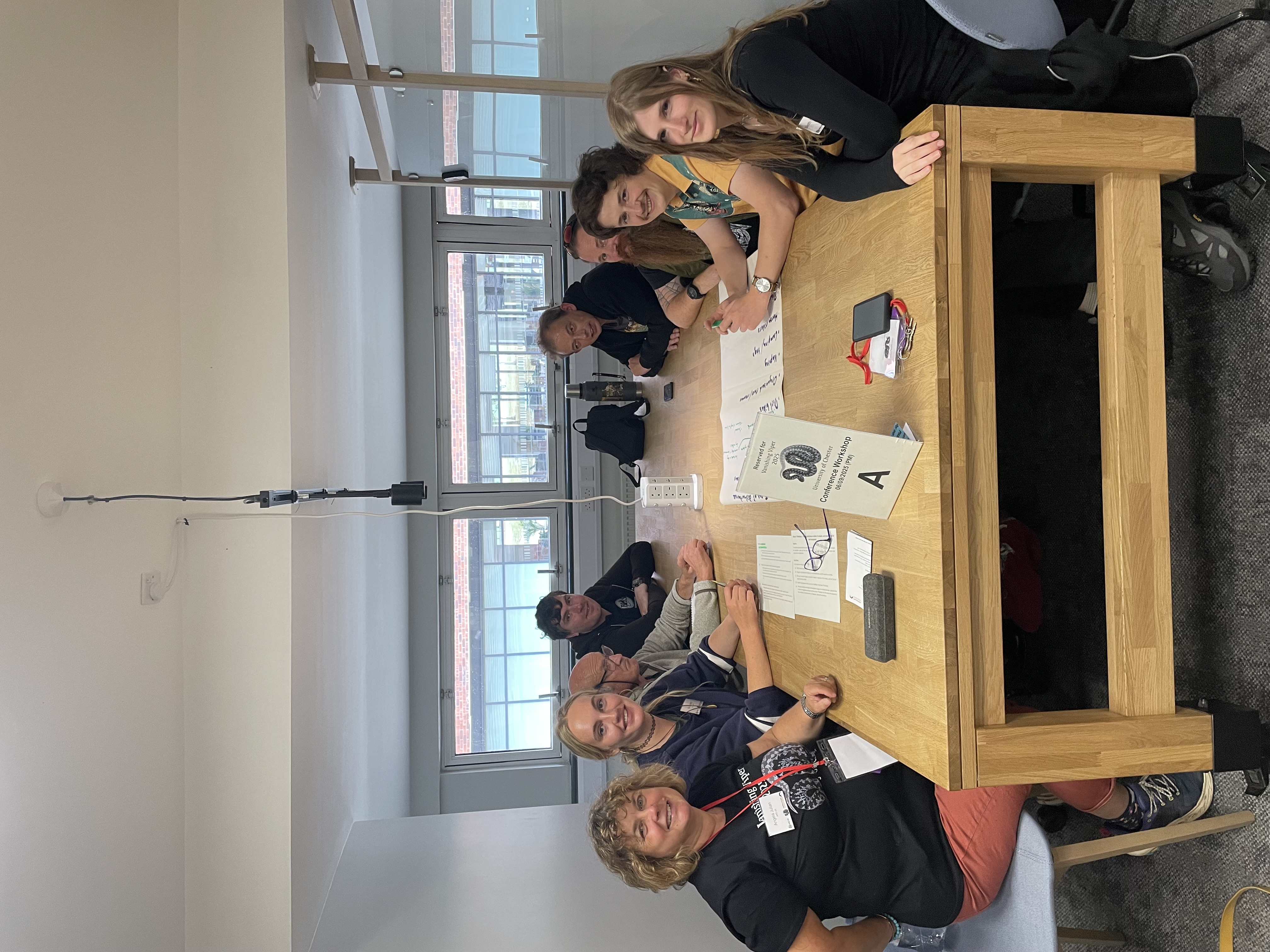 As a student entering my final year of university, I found the conference to be warm and inviting for all attendees. It brought together a diverse mix of scientists, field experts, volunteers, students, and everyone in between. The people I spoke with were all genuinely passionate about the subject, with plenty of ideas of how we can move forward with adder conservation, which was refreshing to hear.
As a student entering my final year of university, I found the conference to be warm and inviting for all attendees. It brought together a diverse mix of scientists, field experts, volunteers, students, and everyone in between. The people I spoke with were all genuinely passionate about the subject, with plenty of ideas of how we can move forward with adder conservation, which was refreshing to hear.
The weekend was filled with a range of talks and workshops, including a better understanding of the behaviour of adders using radio telemetry, modelling adder habitats in the UK, regional conservation efforts, managing disturbance, the potential for translocations, larger national-scale conservation efforts, and genetic analysis. It was interesting to hear from such a wide range of people with varying backgrounds, allowing me to understand better the different constraints and perspectives encountered across the sector, and learn much more about the ecology and behaviour of these iconic, yet vulnerable snakes.
As a student and volunteer in this industry, I felt the conference was really positive. You often hear that adders are nearing extinction in Britain, and although there are undoubtedly some worrying trends with well documented population declines, the conference left me feeling more confident and motivated to ensure that adders can continue to survive and thrive. The presentations, workshops and discussions offered valuable insights into how individuals and groups across Britain and Europe are actively working to protect adders, as well as highlighting the steps necessary to ensure the 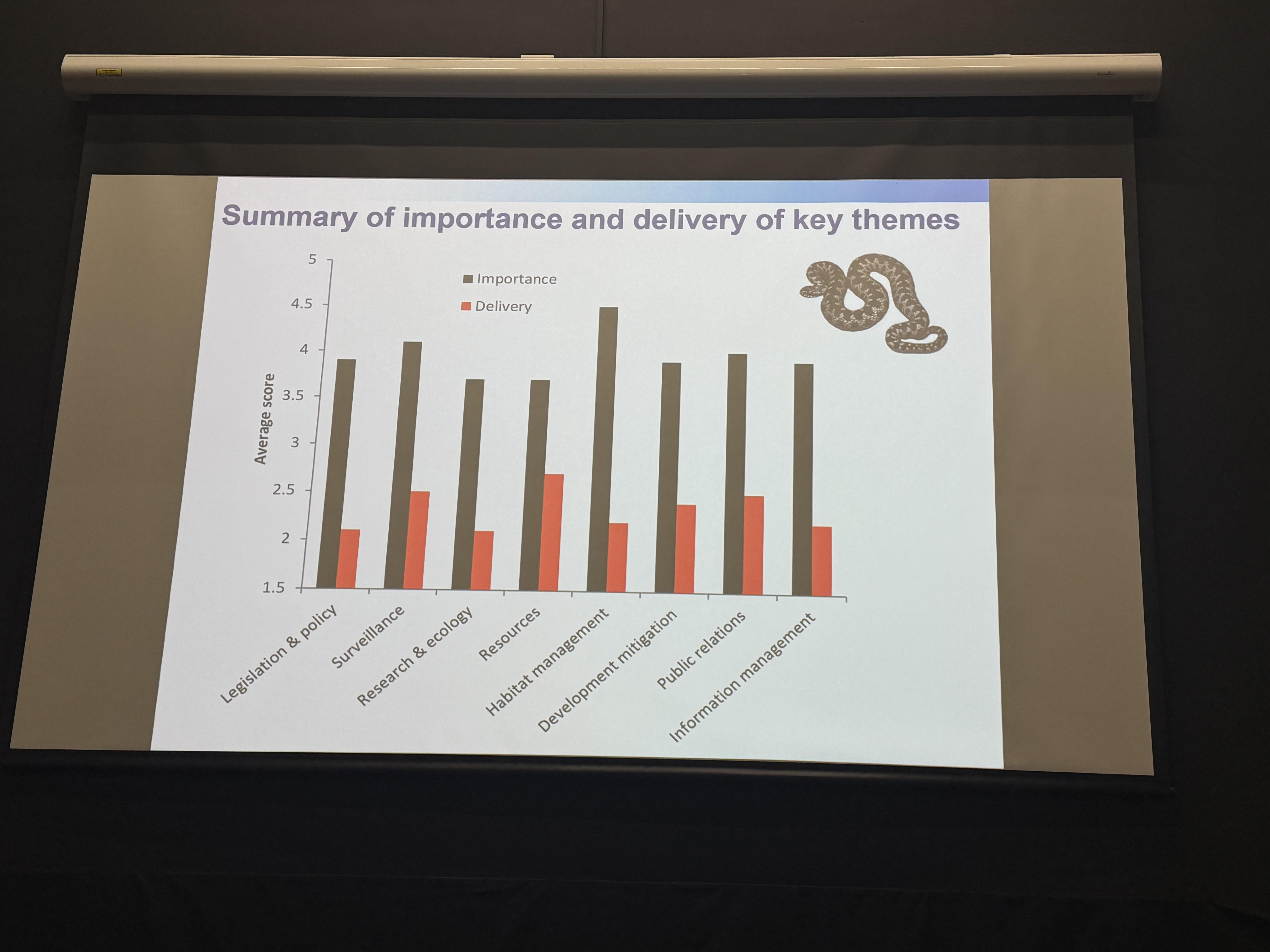 safety of their populations. As an early career researcher, I believe the conference significantly enhanced my understanding and perspective of the conservation efforts needed to protect adders.
safety of their populations. As an early career researcher, I believe the conference significantly enhanced my understanding and perspective of the conservation efforts needed to protect adders.
The lecture hall we used at Chester University was wonderful; it felt large enough to accommodate everyone while still allowing for conversation. It was also easy to hear the speakers and see the PowerPoint presentations.
The catering staff were exceptional, welcoming everyone with hot drinks and biscuits on Saturday and Sunday mornings before the conference began, as well as during the breaks. This was a lovely addition to the weekend and provided a great opportunity for everyone to socialise with a warm drink! The lunches provided featured a variety of food both days, and the cafeteria was spacious enough for everyone to network while not feeling to cramped.
Overall, the weekend was one of the best conferences I've attended in quite some time, and it left me feeling optimistic and well-prepared to advance in this industry. I would like to extend my gratitude to everyone at the University of Chester for creating an accessible and welcoming environment, as well as a heartfelt thank you to ARGUK and their partners and sponsors for making this conference possible. I look forward to the next one.
Maiya Evans, ARG UK Intern and student at Nottingham Trent University
